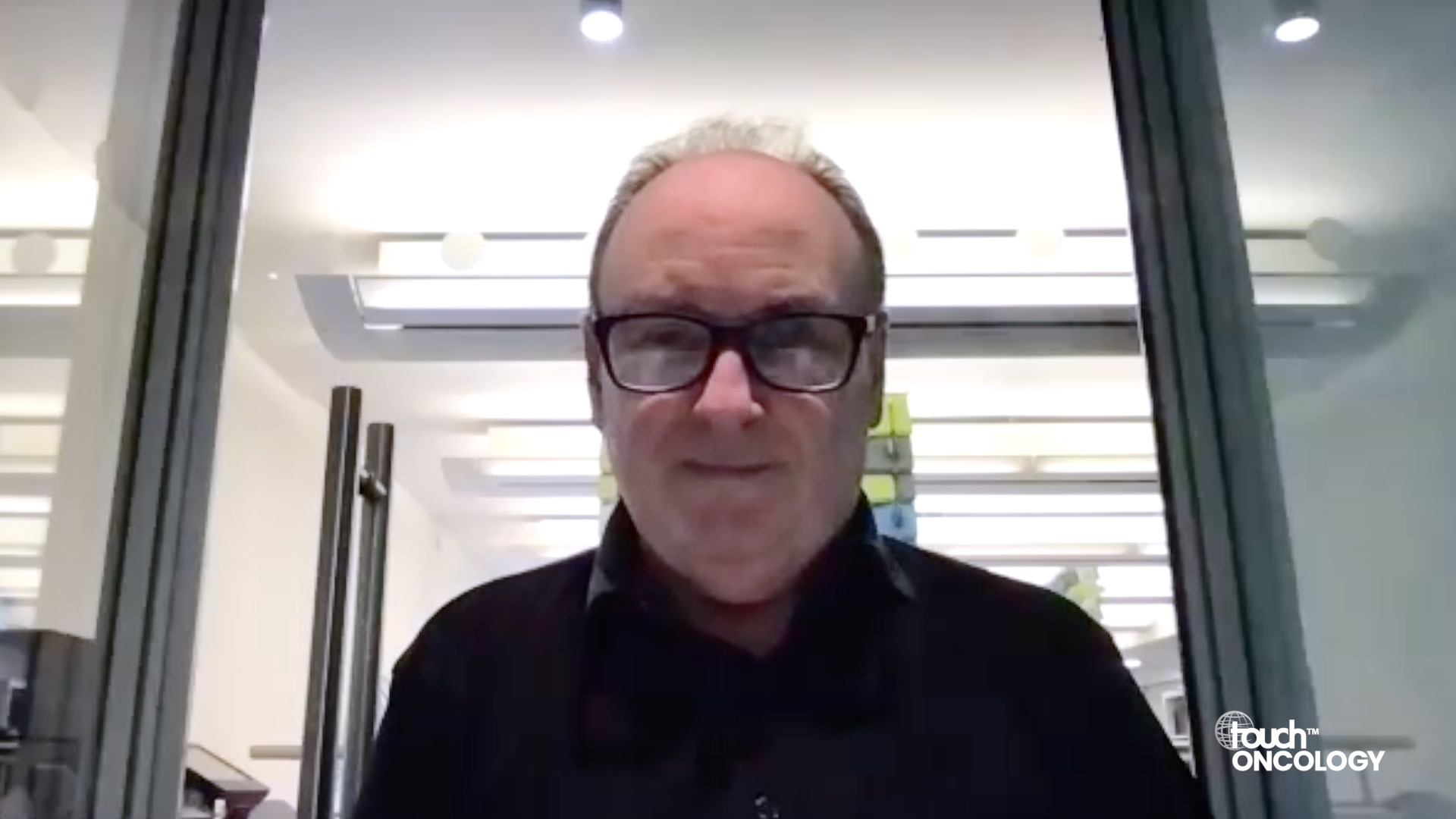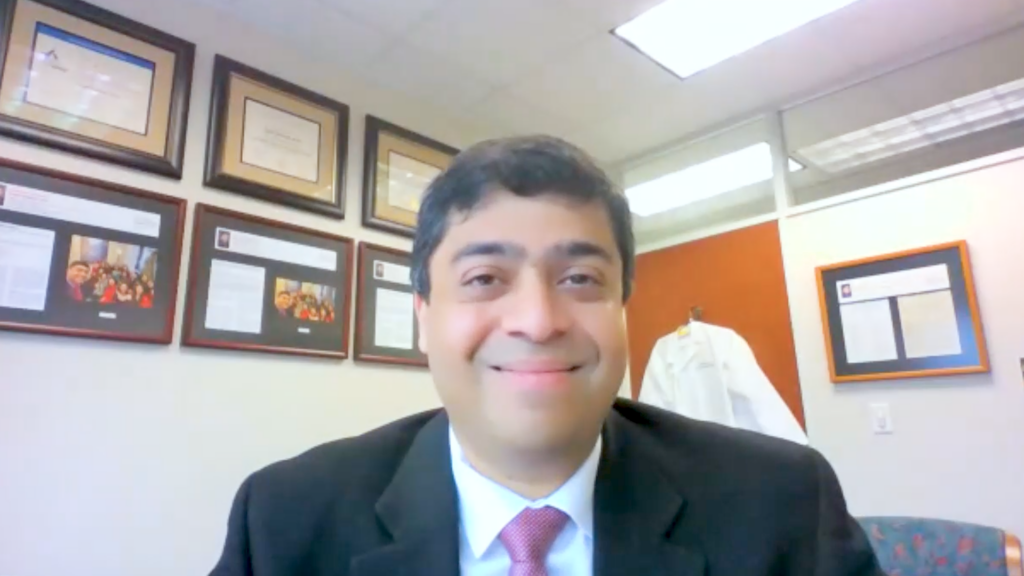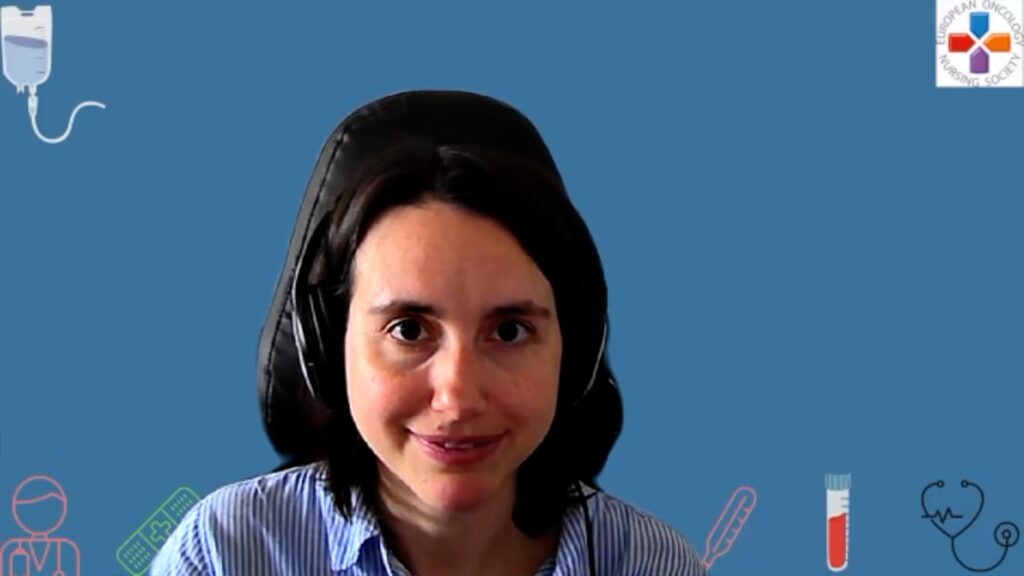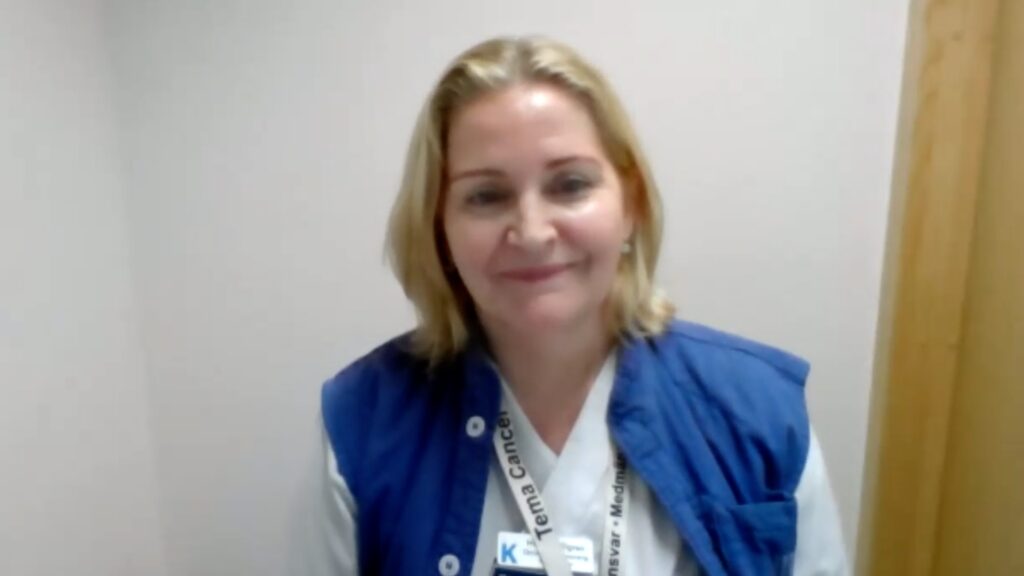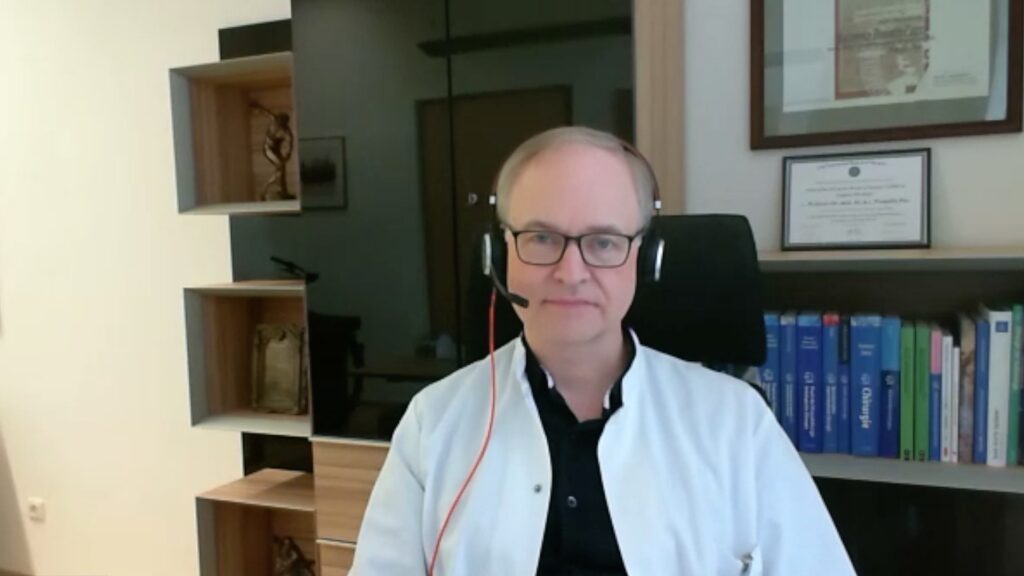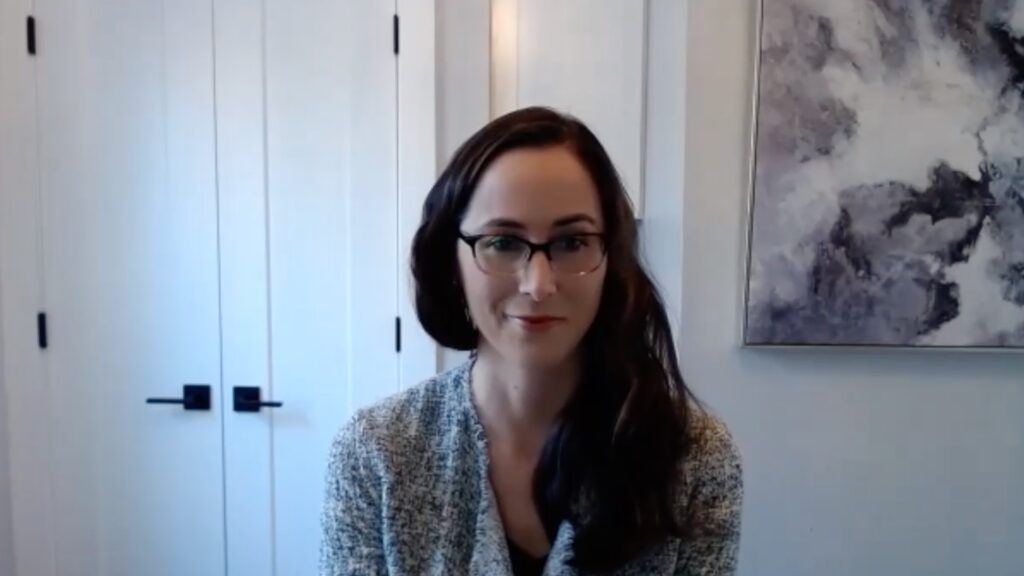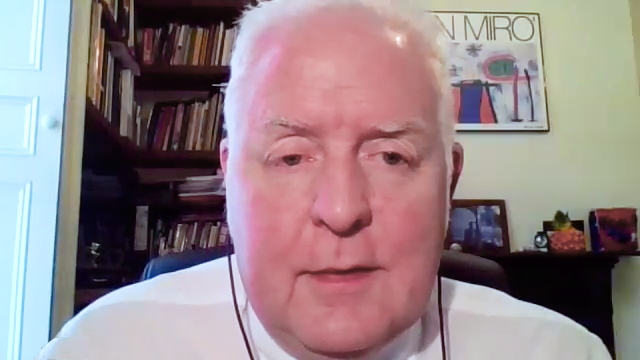The relationship between breastfeeding and a reduction in cancer risk is the focus of the PrEvCan Campaign, this July.
Initiated by the European Oncology Nursing Society (EONS), and with ESMO as a key campaign partner, the PrEvCan – Cancer Prevention Across Europe – campaign, is aimed at reducing the burden of cancer.
In this interview we explore with advanced oncology nurse practitioner, Celia Diez de los Rios (EONS Education Working Group Co-Chair) the scientific evidence surrounding the protective effects of breastfeeding on cancer risk, and the biological mechanisms that could be involved. We also gain insights into some of the factors mothers could consider to further help them in making informed decisions about breastfeeding.
Questions
- What does the scientific evidence tell us about how breastfeeding/lactation affects the risk of developing cancer? (0:22)
- How does the relationship between breastfeeding and cancer risk vary for different types of cancer? (0:52)
- Are there any specific biological mechanisms or factors that can explain why breastfeeding might have a protective effect against these cancers? (1:39)
- Is there a recommended duration of breastfeeding to achieve a significant reduction in cancer risk? (2:41)
- Are there specific populations or groups of women who may benefit more or less from the protective effect of breastfeeding against cancer? (3:22)
- Are there any additional steps that breastfeeding women, or women who cannot breastfeed, can take to further reduce their cancer risk? (4:17)
Disclosures: Celia Diez de los Rios has nothing to disclose in relation to this video interview.
Support: Interview and filming supported by Touch Medical Media Ltd. Interview conducted by Gina Furnival.
Additional resources:
Learn more about the PrEvCan campaign, and download toolkits and videos to help you spread the PrEvCan messages here: https://cancernurse.eu/prevcan/
Read the European Code Against Cancer – 12 ways to reduce your cancer risk

